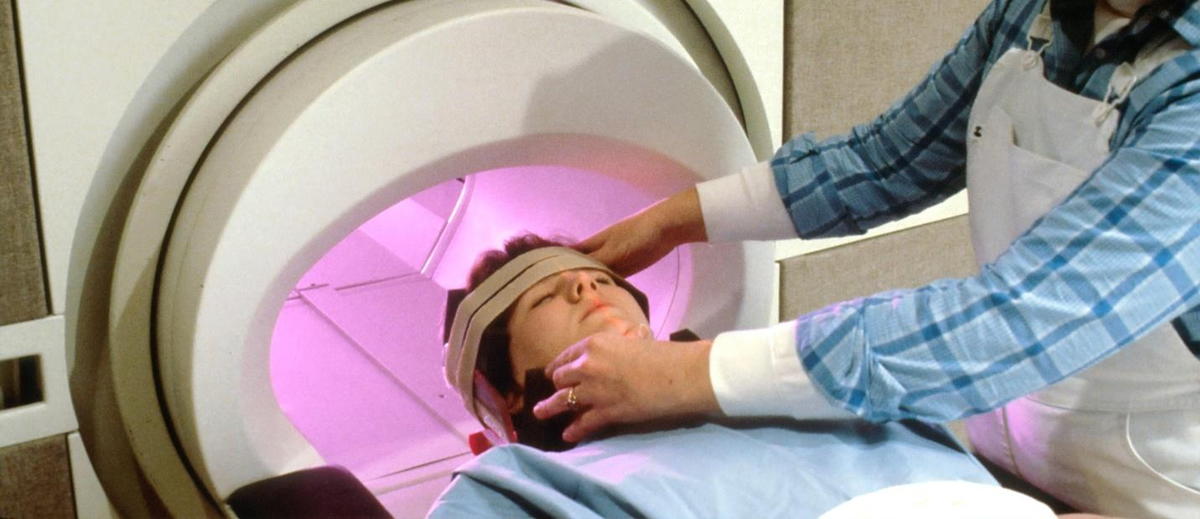
Rachel was a young, vibrant woman who loved nothing more than hitting the open road in her car. One sunny afternoon, she was driving home from work when she was hit by a car that ran a red light. Her car was totaled, and she suffered a traumatic brain injury (TBI) that left her with severe headaches, memory loss, and difficulty concentrating.
Thankfully she recovered from her physical injuries, but the most devastating consequence of the accident was the post-traumatic stress disorder (PTSD) that Rachel developed in the weeks and months that followed.
Driving aside, merely sitting in a car would make her extremely stressed. She found herself reliving the accident over and over, unable to shake the fear and anxiety that had taken hold of her.
Rachel’s incident is not rare. This is actually a common scenario for people who have experienced a traumatic brain injury (TBI).
In this article, we'll explore the connection between TBI and PTSD, the ways in which counseling can help, and why it's so important to include counseling as part of the treatment plan for those with TBI-related PTSD.
Let’s start with what TBI and PTSD are.
TBI (Traumatic brain injury) is a severe injury caused by a sudden blow or jolt to the head. It can occur as a result of a wide range of accidents, including auto accidents, sports injuries, assault, and premises injuries.
Auto accidents are one of the most common causes of TBI, as the force of impact can cause the brain to move within the skull, resulting in injury.
Falls are also one of the most common reasons. According to CDC, almost half of the reported hospitalized traumatic brain injury cases are from falls.
Sports injuries, such as concussions, can also cause TBI, especially in contact sports like football and hockey.
Assault is another common cause of TBI. Examples are getting in a fight, a blow to the head, or suffering from domestic abuse.
Premises injuries, such as slip and fall accidents, are also common causes of TBI. These types of injuries can occur on the job or on another business's property and can be caused by a range of hazards, such as wet floors, loose carpeting, and faulty equipment.

TBI can result in a range of physical, cognitive, and emotional impairments that can persist long after the injury occurs.
On the other hand, PTSD (Post-traumatic stress disorder) is a mental health condition that can occur after experiencing or witnessing a traumatic event, including several of the ones mentioned above. It can persist for extended periods, leading to severe psychological problems in the long run.
Common symptoms of PTSD can include flashbacks of the event, anxiety, depression, irritability, hypervigilance, and difficulty sleeping, among others. In some cases, TBI can cause or exacerbate existing PTSD.
The physical symptoms of TBI, such as headaches, dizziness, and fatigue, can make it challenging for individuals to manage the emotional trauma of PTSD.
At the same time, the emotional symptoms of PTSD, such as anxiety, depression, and hypervigilance, can exacerbate the cognitive symptoms of TBI, such as memory loss and difficulty concentrating.
Often, in the cases of Traumatic Brain Injury, all focus is put on healing the physical injury. However, it is crucial to understand that counseling is also an essential component of treating both TBI and PTSD, especially when they occur together.
In traditional counseling, a therapist helps the patient address their emotions and feelings related to the traumatic event. This type of therapy is particularly useful for people who have experienced a TBI and developed PTSD because it helps them understand and process their emotions related to the injury.
Counseling can also help patients identify and address negative thoughts or beliefs about the injury or themselves, which can contribute to the development of PTSD.
Behavioral therapy is another type of therapy that can be useful for people with TBI-related PTSD. Behavior therapy focuses on changing specific behaviors that are causing negative thoughts or emotions.
This type of therapy focuses on changing harmful behaviors and patterns by providing positive reinforcement for healthy behaviors. In this context, this type of therapy can help patients identify and change behaviors that are making their PTSD symptoms worse.
For example, a patient who is avoiding social situations due to anxiety related to their injury may work with a therapist to gradually expose themselves to those situations and learn coping mechanisms to deal with their anxiety.
Similarly, Cognitive-behavioral therapy (CBT), exposure therapy, and eye movement desensitization and reprocessing (EMDR) are all effective forms of counseling that a trained professional can use to treat TBI-related PTSD.
CBT helps individuals change negative thought patterns and behaviors, while exposure therapy involves gradually exposing individuals to the source of their fear in a controlled environment. EMDR(Eye Movement Desensitization and Reprocessing) is a therapy that uses eye movements to help individuals process traumatic memories and experiences.
Counseling is particularly useful because it can help you identify and address co-occurring mental health conditions that may be contributing to your PTSD symptoms. For example, a patient with TBI-related PTSD may also be experiencing depression or anxiety that is exacerbating their PTSD symptoms.
Seeking counseling from an expert can help you overcome your PTSD and return to a healthier and more satisfying life. Given its profound impact, it is important to consider counseling with traditional physical therapies for individuals with TBI and PTSD.
This holistic approach can help individuals manage their symptoms more effectively, learn life-lasting coping mechanisms and improve their overall quality of life.
TBI and PTSD are two severe and debilitating conditions that – if left untreated – can have long-lasting effects on an individual's life. When they occur together, they can be particularly challenging to manage.

If you identify the symptoms of TBI-related PTSD in yourself or your loved ones, seeking counseling services and working with professionals who have experience treating these complex conditions can help you recover and live a better life.
While the journey toward recovery may not be easy, overcoming the challenges and achieving a fulfilling and satisfying life with the right support and guidance is possible. Remember, seeking help is a sign of strength, and there is no shame in reaching out for the support you need to heal and thrive.
